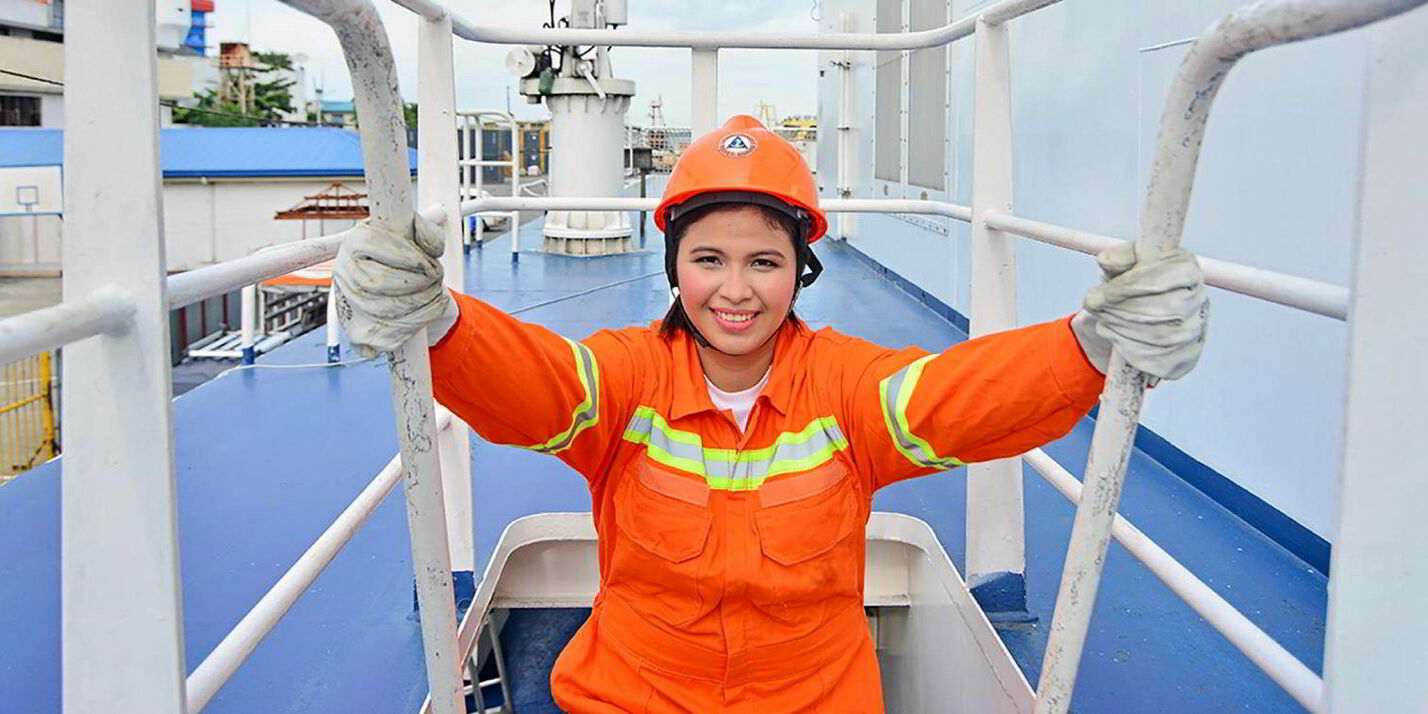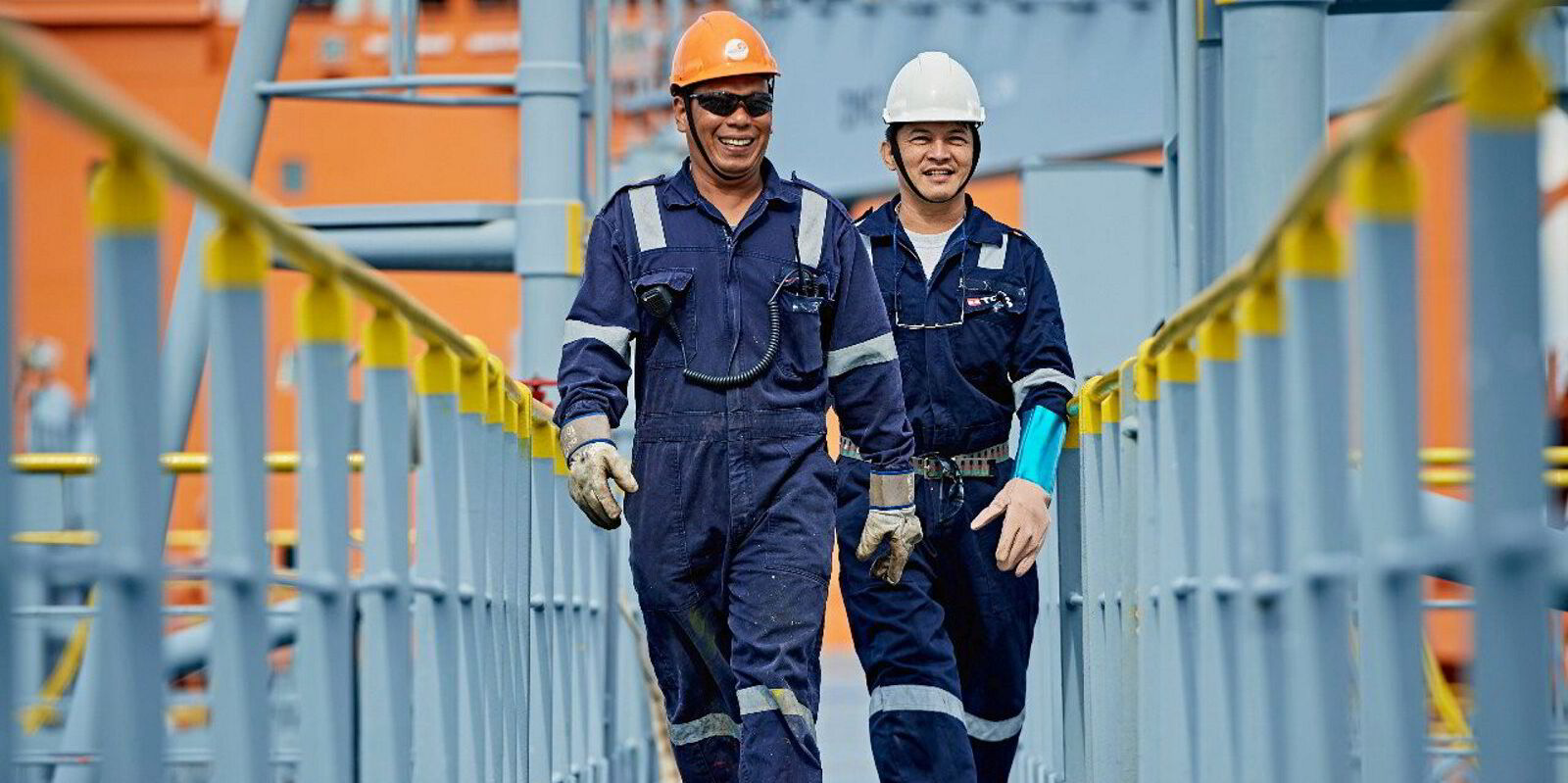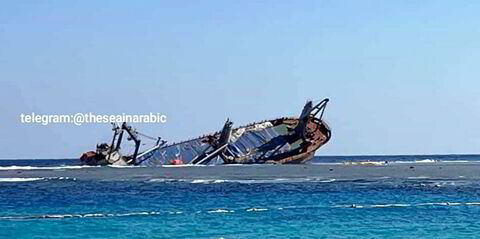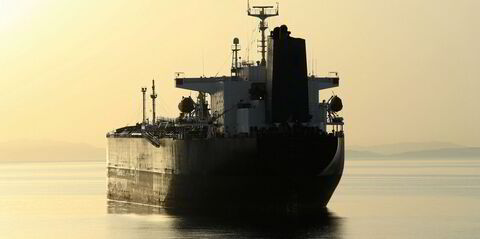Seafarers’ onboard happiness has moderately increased, partly due to more downtime that is attributed to Red Sea diversions, according to a survey.
The Seafarers Happiness Index report revealed a slight boost to 7.16 in the third quarter, up from 6.99 in the second quarter.
“The increase in seafarer happiness this quarter has in part been driven by the unexpected benefits of longer transit routes as a result of tensions in the Red Sea,” the report said.
“Whilst the unacceptable risks faced by seafarers on vessels that continue to transit high-risk waters remains a grave concern, it seems that for vessels diverting via other routes, it is allowing additional time for rest, social activities and establishing better onboard routines.”
The survey was conducted by the Mission to Seafarers, in association with Idwal and NorthStandard, and supported by Inmarsat.
Although there is a clear positive shift in seafarer satisfaction, the report presents a nuanced picture, outlining improvements and persistent problems.
Team morale and overall well-being has improved, it said, and the extended time at sea is enabling senior officers to take on a more supportive role, including sharing watch duties, training junior crew members and fostering a greater sense of camaraderie and competence on board.
Ben Bailey, director of programme at the Mission, said: “While it is encouraging to see another slight rise in seafarer happiness, this report clearly shows that significant challenges remain.
“The benefits of longer transit routes show that even small changes can have a positive impact, but there’s more to be done to ensure our crews feel supported, respected and rewarded for their vital work.
“The root cause of these diversions, however, should not be overlooked. We urge all parties to do what they can to reduce the unacceptable risks faced by seafarers from the continued attacks on commercial shipping in the Red Sea.”
Seafarers also appreciate improvements in food quality, but call for greater variety.
Fitness and recreational facilities, where present, are often underused due to fatigue, highlighting the need for more holistic solutions to improve work-life balance and rest.
Internet connectivity continues to be a major frustration for many seafarers, particularly in regions with restricted access to services such as Starlink.
This lack of reliable communication with family and friends contributes to feelings of isolation and affects morale, the report indicated. Limited shore leave and concerns about wages also weigh heavily on the minds of many seafarers, affecting their overall satisfaction and mental well-being.
Thom Herbert, crew welfare advocate at Idwal, said: “The report’s emphasis on the need for improved internet connectivity and shore leave opportunities reinforces what we’re seeing across the global fleet — these fundamental aspects of crew welfare cannot be overlooked if we want to attain the highest standards in shipping.”
The report shows a growing dissatisfaction with the relevance of some training programmes. There were calls for more practical, real-world training that addresses the unique challenges of working at sea.
Stress related to workloads, particularly due to watchkeeping duties and time zone changes, remains a critical issue.
Seafarers also voiced concerns about the removal of certain engineering ranks, which is affecting maintenance and overall efficiency.
Overall, the report highlights mixed feedback on shore-based initiatives aimed at improving seafarer welfare. While some crew members feel supported, others believe that more effective communication and coordination are needed to ensure that welfare programmes meet their practical needs.
“Seafarers are the backbone of global trade, and we must prioritise their well-being by addressing concerns around communication, shore leave and compensation,” Bailey concluded.






